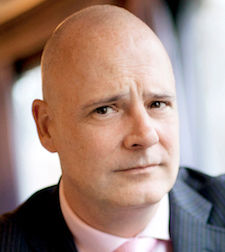 Paul Tilstone, Managing Partner, Festive Road
Paul Tilstone, Managing Partner, Festive Road
In 2016 travel managers will begin looking inward at their
programs rather than outward toward the supply chain. The irony is that the
travel suppliers and aggregators have caused this strategic shift.
Fueled by macro developments like e-commerce efficiencies
and connectivity combined with globalization, suppliers have actually created a
landscape for change over the last decade. These changes disrupted the business
travel market and paved the way for new entrants that now add to the confusion,
and all of this amplifies traditional travel program issues: Policy is more
precarious, data is more difficult and content is more fragmented.
In this environment, travel managers who focus primarily on
the shifting sands of the supply market have limited their power to affect
positive program change. They have become reactionary. Realizing the weakness
of their position, travel managers will pivot to an area where they can have a
larger impact. Namely, demand management.
To win the new game, however, travel managers need a
different skill set. They must understand their travelers’ needs, communicate
effectively with stakeholders and essentially think of their travelers as
customers and the travel program in terms of customer relationship management.
In short, they need to become sellers and marketers instead of buyers and
compliance drivers.
They’ll do it because they must. Procurement and travel
management will only continue to work if what’s being procured offers travelers
something more than they can get elsewhere. And that means understanding
traveler types by need, working with the right-fit suppliers and creating
personalized products and services through appropriate channels in order to
raise the travel booking user experience.
Those who have started down this path see the results—the
renewed power in supplier engagements and the structural freedom this gives to
the program. We’ve heard about the leaders in this field for the past few
years, they’re the regular winners of awards: the Googles, the AstraZenecas,
the HPs and the Ciscos.
In 2016, more travel managers will start to get
this right and together forge a new era of travel management.